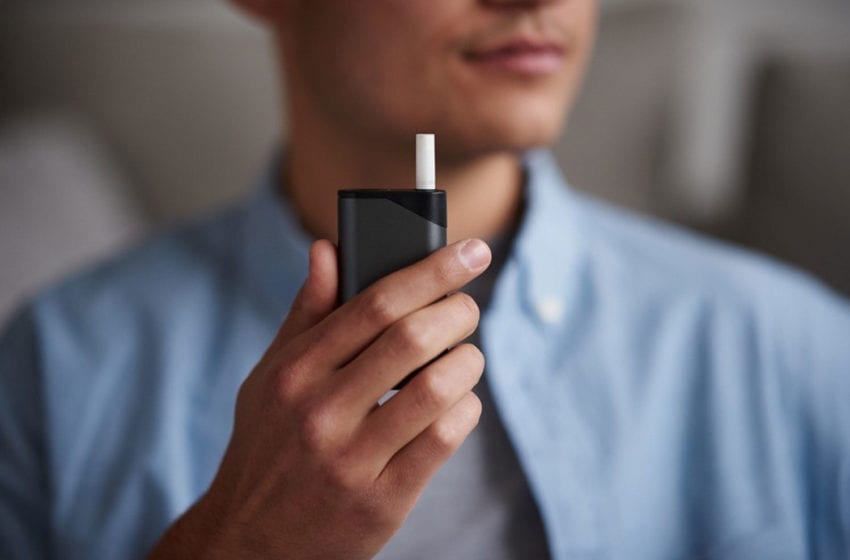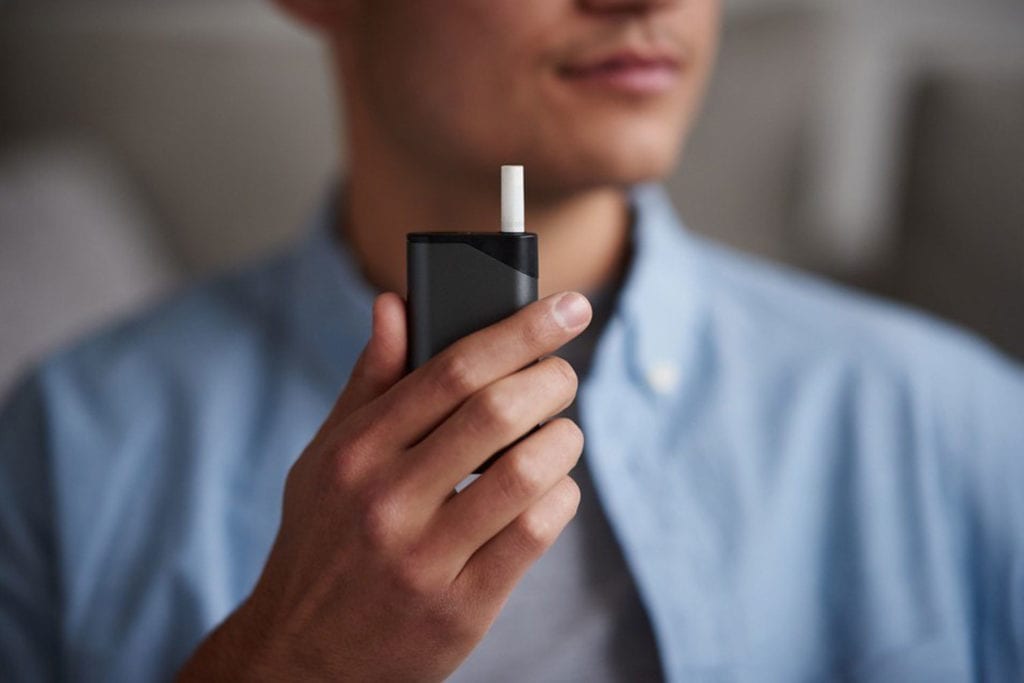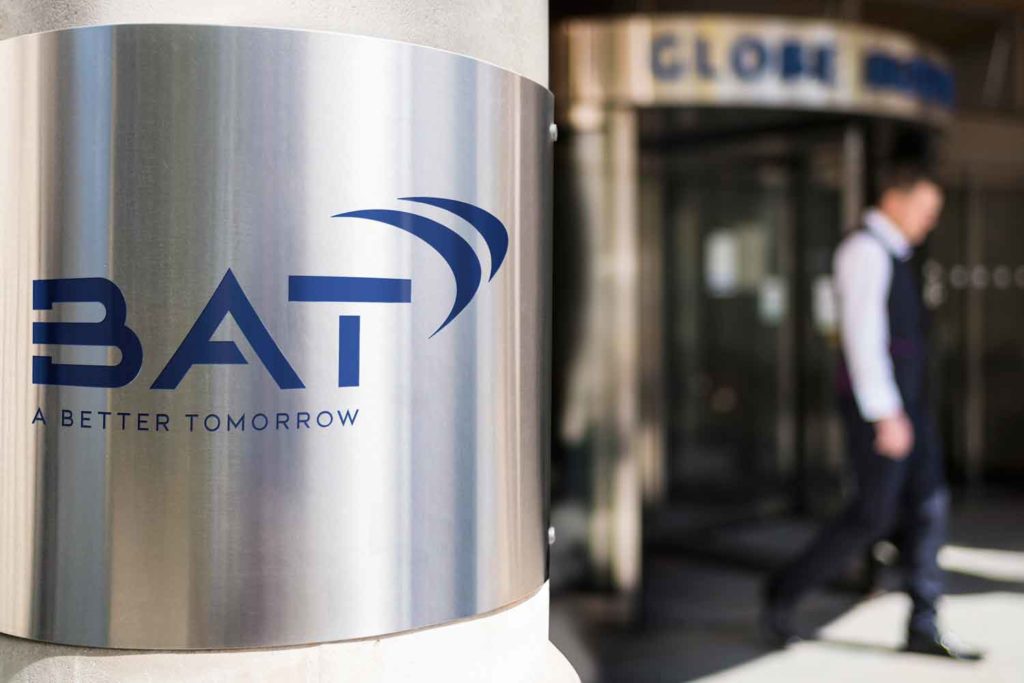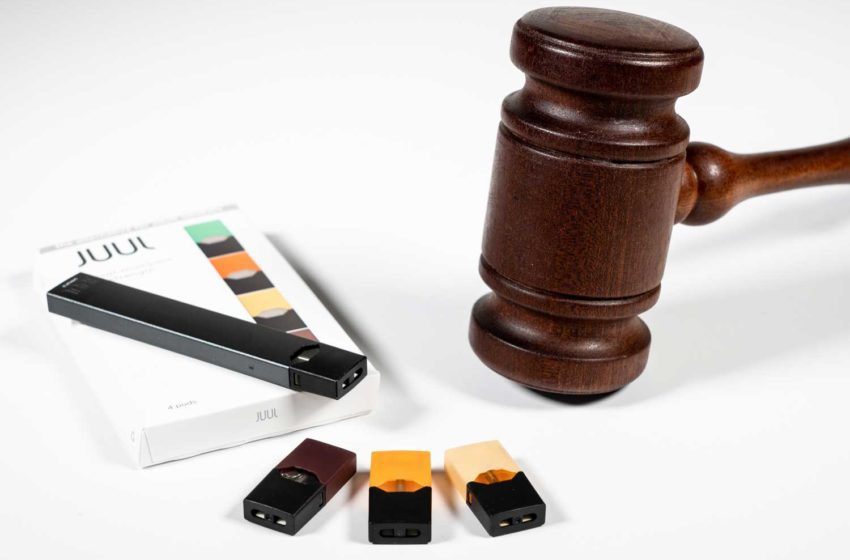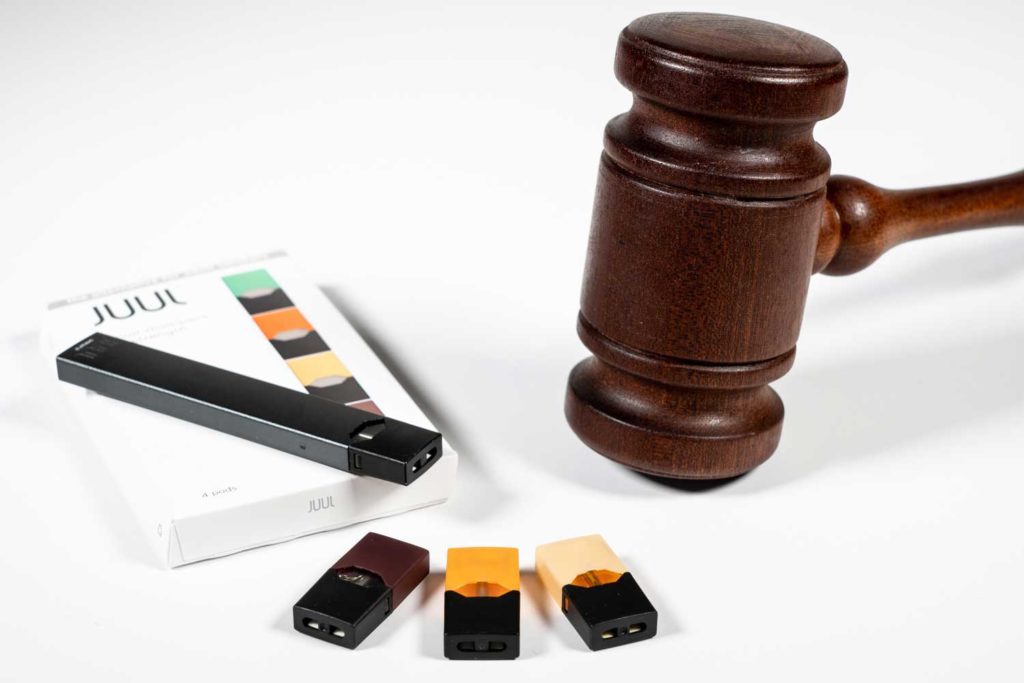Court Grants Juul Emergency Stay of FDA Order
Juul Labs received an emergency stay of the Food and Drug Administration’s order for the vaping company to pull its e-cigarettes off the U.S. market.
The U.S. Court of Appeals for the D.C. Circuit on June 24 granted Juul’s request to delay the FDA’s ban. The temporary stay gives the court time to hear arguments and wasn’t a ruling on the merits of the case, the judges wrote.
In its court filing, Juul argued that the FDA’s order was extraordinary and unlawful and it would suffer significant irreparable harm without a stay, according to The Wall Street Journal.
Juul said that the requirement to immediately remove all Juul products from U.S. stores was a departure from the agency’s practices, which typically have a transitional period.
The e-cigarette maker also questioned the agency’s handling of the announcement, noting The Wall Street Journal reported on the ban a day before it was announced.
“Regulation through leaks and press releases is no way to handle agency action, much less to order a company to cease essentially all business operations,” Juul said in the court filing.
Former FDA Center for Products Director Mitch Zeller said that Juul’s e-cigarettes were judged solely on the strength of the company’s application. Political pressure to ban Juul didn’t influence the ruling, nor did Juul’s past actions, he said. “This was a scientific review conducted by subject-matter experts,” he said. “That’s the way the system is supposed to work.”
In a statement, Juul Labs it was exploring all its options under the FDA’s regulations and the law.
“We respectfully disagree with the FDA’s findings and decision and continue to believe we have provided sufficient information and data based on high-quality research to address all issues raised by the agency,” said Juul Labs Chief Regulatory Officer Joe Murillo.
“In our applications, which we submitted over two years ago, we believe that we appropriately characterized the toxicological profile of Juul products, including comparisons to combustible cigarettes and other vapor products, and believe this data, along with the totality of the evidence, meets the statutory standard of being “appropriate for the protection of the public health.”
“We remain committed to doing all in our power to continue serving the millions of American adult smokers who have successfully used our products to transition away from combustible cigarettes, which remain available on market shelves nationwide.”
Among other options, Juul is reportedly exploring a bankruptcy filing if the company is unable to get relief from the government’s ban, reports The Wall Street Journal, citing people familiar with the matter.











